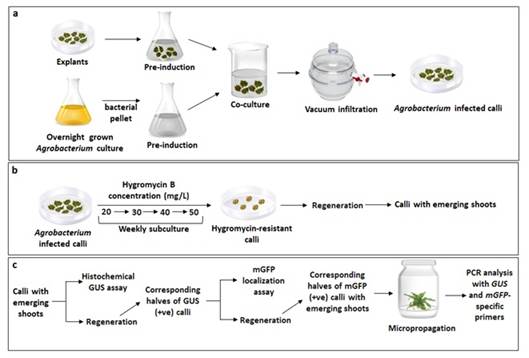Ministry of Science & Technology
Towards a fungus fighting pineapple
प्रविष्टि तिथि:
22 JUL 2025 3:54PM by PIB Delhi
Indian researchers have identified a gene in pineapple that can provide a powerful, homegrown line of defence to the fruit against devastating fungal attacks. The pineapple (Ananas comosus L. Merr.) is the most economically significant fruit of the Bromeliaceae family that provides various health benefits alongside a delicious juicy flavour, resulting in a nutritious diet including all vital components.
One of the biggest threats to pineapple farming is a disease called Fusariosis, caused by the aggressive fungus Fusarium moniliforme. It warps the plant’s stem, blackens the leaves and rots the fruit from the inside out. For farmers, this means heavy losses and unreliable harvests.
For years, traditional breeding techniques have struggled to keep up with the fast-evolving onslaught of such fungal foes. Scientists are now trying to find solutions within the plant that can act as a shield against diseases.
Scientists from Bose Institute, an autonomous institute of the Department of Science and Technology (DST) have identified the gene behind Somatic Embryogenesis Receptor Kinase (SERK) that can activate host defences against plant diseases.
Focusing on the AcSERK3 gene, part of the pineapple’s genetic code, known for helping plants both reproduce and survive stress, Prof. Gaurab Gangopadhyay of Bose Institute, along with his PhD student Dr. Soumili Pal, enhanced—or "overexpressed" the gene in pineapple plants. This genetic tweak charged the plant’s natural defences, allowing it to fight off the Fusarium fungus far more effectively than ordinary varieties.

Fig 1: Workflow of transformation (overexpression) of Pineapple (Ananas comosus L. Merr.) with Agrobacterium harboring the overexpression construct: (a) infiltration of Agrobacterium in explant, (b) selection of the putative transformants, and (c) validation of transformed plantlets
Their study published in the journal, In Vitro Cellular & Developmental Biology-Plants provides the first evidence of the overexpression of an inherent pineapple gene to produce fungal disease tolerance.
Plant scientists and agriculturists can follow this study to develop a pineapple variety resistant to Fusarium, having a minimal likelihood of gene deletion across many generations of breeding. It is the first documented instance of the overexpression of an inherent gene, which causes enhanced somatic embryogenesis and fungal disease tolerance in pineapples.

Fig. 2: Transgenic Pineapple plants overexpressing AcSERK3 with enhanced Fusarium tolerance is ready for transplantation
The AcSERK3-overexpressed pineapple lines were more resilient to Fusarium infection than susceptible wild pineapple variety due to increased stress-associated metabolites and scavenging enzyme activity. In controlled tests, these transgenic plants stood tall and green, while regular pineapples wilted under fungal siege.
A new multi-fungal tolerant pineapple variety that would be advantageous to pineapple growers could be available through a long-term field study. If long-term field trials succeed, growers may soon be planting varieties that withstand multiple fungal threats—simply by using shoots (called “slips” and “suckers”) from these genetically resilient plants.
*****
NKR/PSM/AV
(रिलीज़ आईडी: 2146789)
आगंतुक पटल : 439